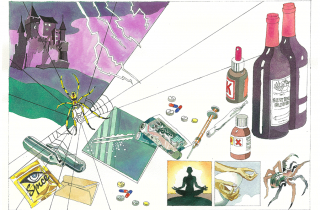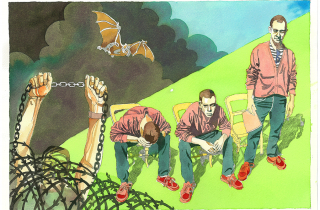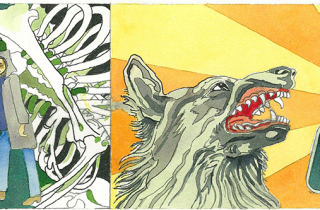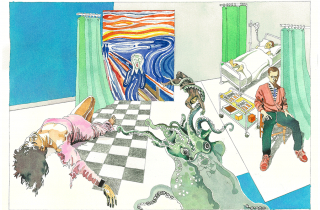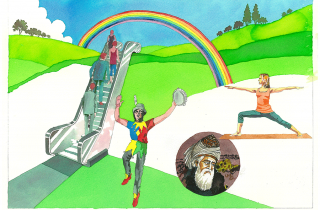For this post, I am bringing in the expertise of Karen Odell Barber (see Overview – Understanding Addiction for Karen’s bio).
Q – What would you say to parents who realise their teenager is using drugs, but tell themselves that this is just teenage rebellion or experimentation?
A – First, I would ask them to examine their family history carefully. If we as parents are honest and take a look at genetics on both sides, going backward at least one generation, addictive family systems have a genetic history. Those with a genetic history need to understand that in the event the gene exists, activation of the gene equals addiction.
By activated, I mean movement from experimentation to frequent use, to use despite consequences and efforts to stop using, to addiction. Addiction means that despite efforts to stop using, the addicted person is unable to voluntarily stop on their own.
There is a misnomer and a cultural belief that addiction is easily treated and there is often a value judgement that the addicted person “should just stop” or “should be able to stop”. Without treatment, a person who is physically addicted is not able to stop using on their own.
Denial exists in alcoholic family systems. Denial and codependency are part of the environment that feeds addiction and allows addiction to continue. If the family system changes, prognostically the likelihood that the addicted person seeks treatment becomes much higher. By this, I mean if the family takes a stand and says to the addicted person “I love you, and I will always love you, but I won’t continue to support or enable your addiction”, a shift takes place.
While we as family members can’t control how others behave, we can focus on our own interactions and set healthy boundaries. This is what Al-Anon meetings teach us. Al-Anon is free. Al-Anon is available. I would say to any parent who is contemplating “Is there a problem with my son or daughter?” or “There might be a problem…” Go to a meeting. You don’t have to say a word. Sit in the chairs and listen. For many parents, a light bulb goes on in their head, and they leave saying “I’m not alone.”

